Home > Information and Advice > Caring for Animals > Other Pets > Caring for Horses and Livestock
To keep your horses and livestock animals healthy, safe, and emotionally enriched, you’ll need to have a property that suits the type and number of animals in your care. You’ll also need to have access to equipment that you can use to transport them safely and legally to and from your home.
RSPCA NSW helps rescue, rehabilitate, and rehome both horses and livestock animals. If you believe you’re ready to adopt a majestic horse or livestock animal, consider looking for your forever friend at one of our shelters and adoption centres.

Before purchasing or adopting a horse or livestock animal, contact your local council and the NSW Department of Primary Industries to learn about any restrictions you may not be aware of.
Please note that, in NSW, anyone caring for livestock animals is legally required to apply for a Property Identification Code (PIC). This applies to any property where livestock animals are being moved, traded, agisted, kept as pets, or simply living on the property for any reason.
Having a PIC is crucial for the safety, registration, and security of livestock animals – it could be the very thing that helps save them in emergency situations. The types of animals this applies to includes:
Horses and livestock animals need a diet that meets their nutritional needs. Note that their preferences and requirements will vary throughout the animals’ lifetime, which is why it’s best to consult a veterinarian for nutritional advice. Your animal companions will also need access to plenty of cool, clean drinking water – be sure to check the temperature on hot days in case the water overheats and becomes undrinkable.
Always make sure you have treats when exercising your dog, so you can continue positive training. Taking poo bags with you is also an important part of being a responsible dog owner. Please remember that while some dogs require two hour-long walks a day, others may not enjoy outdoor walks at all.
If your dog is showing signs that he fearful on your walks, do not persist. Instead, contact RSPCA NSW or your veterinarian for advice.
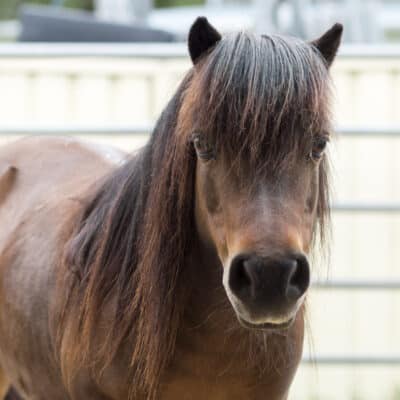
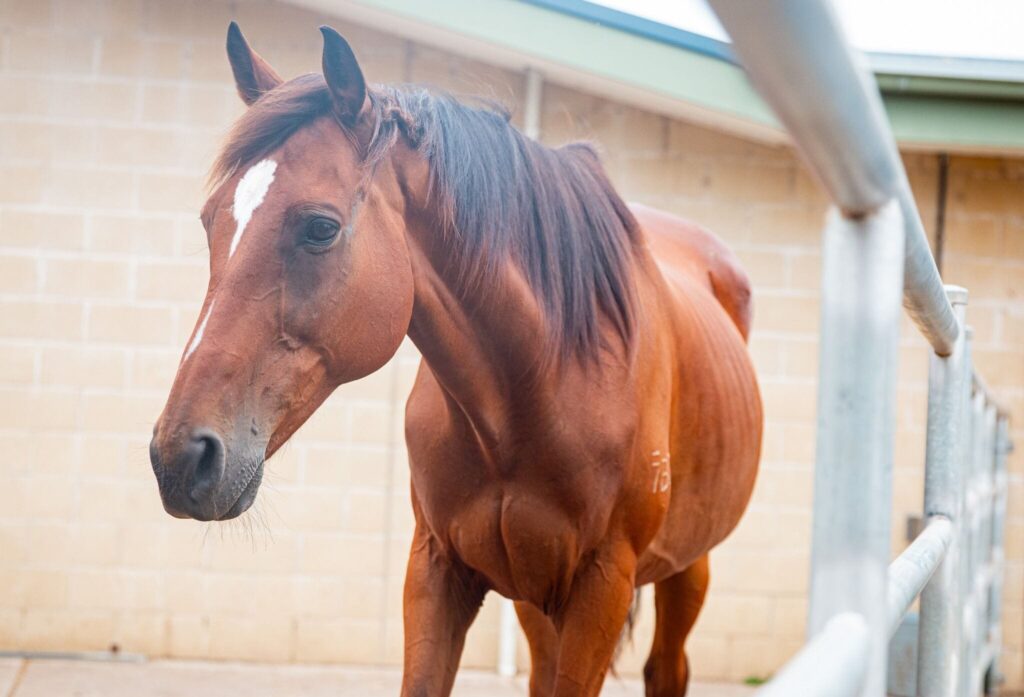
Horses and livestock animals require the freedom to express natural behaviours, and benefit from environmental enrichment activities which provide physical, cognitive, social, and environmental stimuli. Animals who typically live in groups (such as cattle, goats, and sheep) often need to live with animals of the same species. This helps them feel secure and helps them express natural behaviours. Try to recreate the natural habitat and environments that your animals enjoy – for example, goats love climbing on rocks and pigs love mud baths.
All animals need shelter to protect them from the weather throughout the year, such as a three-sided, roofed construction. In warmer conditions and extreme heat, horses and livestock animals must be given shelter which protects them from the sun and allows air to circulate freely. Livestock must have enough space to allow them to exercise and express their natural behaviours. For example, larger animals need room to graze and run, chickens must have room to wander and dust-bathe, and ducks require a pond so they can swim. The fencing and gates you will need to implement will vary depending on the species, from chicken wire to three-metre-high mesh fencing. Ensure these are secure and that the animals are unable to jump over it. You should also think about what animals you need to keep out, such as dogs and foxes.
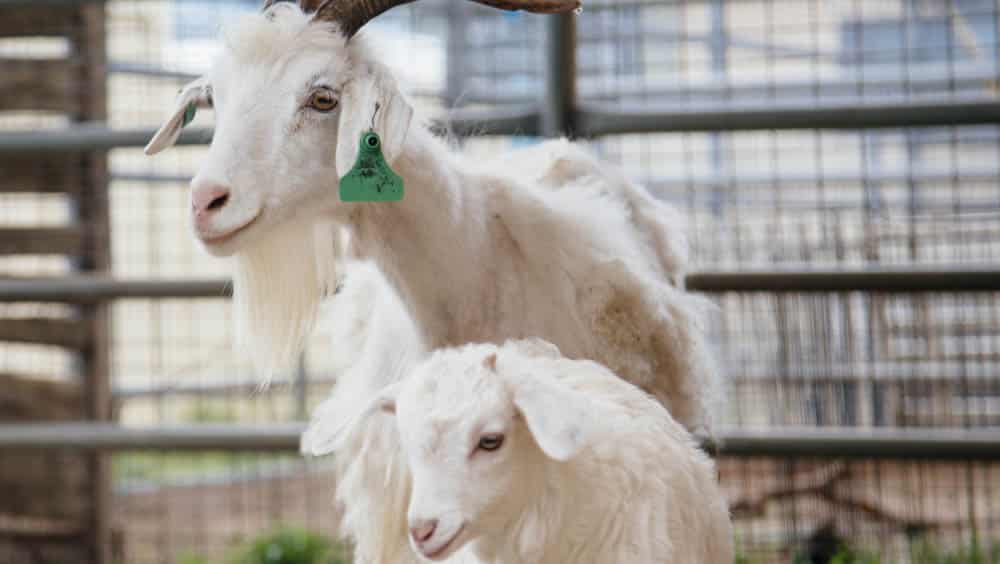
Regularly bringing your animals to be seen by a veterinarian is an essential responsibility of every animal guardian. When looking after horses and livestock animals, make sure you can either transport them to a veterinarian or arrange a house visit in the event of an emergency or a routine health check-up.
Knowing an animal’s medical history and disease status is essential, as is learning to manage and quarantine your animals, and knowing how to report outbreaks of infectious diseases.
RSPCA NSW Veterinary Hospitals can provide high quality care and support for you and your animal companion. From routine veterinary health checks to specialised surgeries, our teams can help you provide your horse or beloved livestock animal with emergency veterinary treatment and critical support.
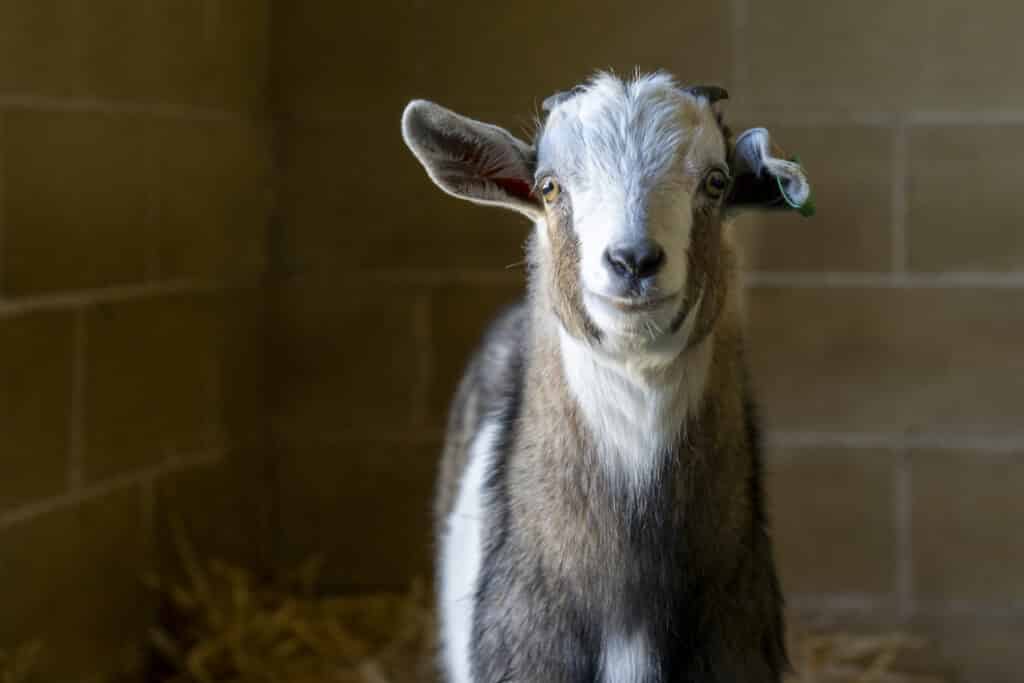
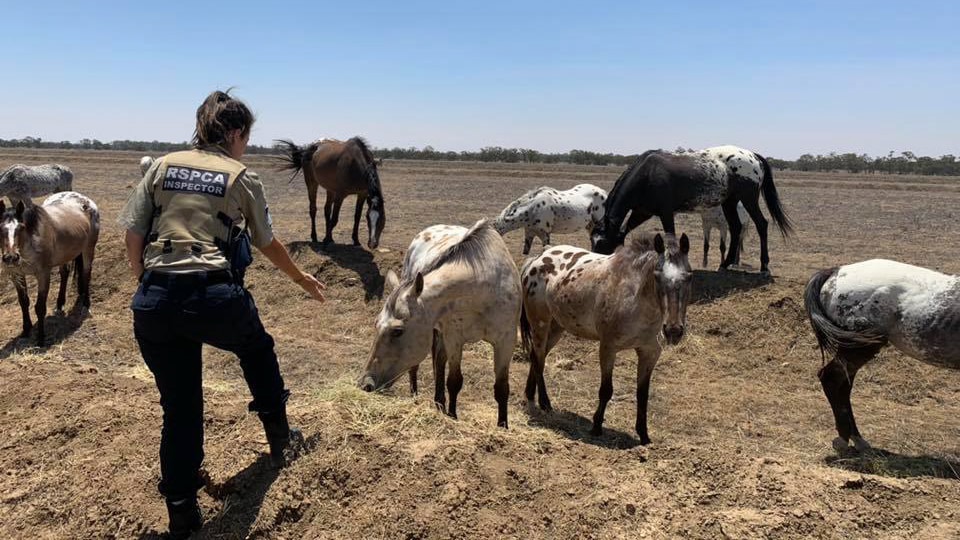
Including animals in your household’s emergency and evacuation plans is essential to ensuring the safety of your beloved forever friends.
You can reduce the risk of fire on your property by irrigating your paddock to keep the soil moist, allowing your livestock animals to graze to keep vegetation short, and removing combustible materials like thick vegetation or hay.

Ensuring your animals are comfortable with travel is a great way to prevent unnecessary hardship and delays during trips to the veterinarian and evacuation during emergency situations. Regularly inspect your float or trailer to ensure your equipment is in safe working order. Additionally, you may also practice travelling with your animals, including short trips to help them get comfortable with being with you on the road. Routinely practice loading and unloading your animals to reduce stress and build familiarity with the procedure. For livestock animals, regularly move them in and out of different areas to help them become accustomed to potential evacuation routes.
Emergency preparedness is an essential part of being a responsible animal guardian. Including your horses and livestock animals in your emergency and evacuation plans is essential to ensuring the safety of your beloved forever friends. Taking the time to prepare inclusive, comprehensive plans can make all the difference in the world.
RSPCA NSW’s Ready Pet Go Emergency Pack includes a step-by-step guide to help you prepare for crisis situations with your animals’ safety in mind. Having an emergency kit prepared will greatly increase the likelihood of safely evacuating your animals during crisis situations. Your emergency kit should include any items that will help you transport and care for your animal should the need to evacuate arise. This includes:
As the leading animal welfare organisation in the state, RSPCA NSW helps keep communities and animals safe during times of crisis. Our Emergency Response Team is central to our mission, ensuring the safety of people and animals in flood and fire-affected areas.
During emergency situations, access to veterinary care may be severely limited. That’s why preparing an animal first aid kit to accompany your evacuation kit is essential to ensuring you’re ready for any injuries or health emergencies that may arise.
Please note that horses and livestock animals may require additional items to be adequately treated in emergency situations. Remember to prepare any necessary supplies for large and farm animal care when preparing a first aid kit for your equine and livestock animal companions. This includes:
By completing this form, you are providing personal information to RSPCA NSW (we, us, or our). We are collecting your personal information to verify your identity and sign you up to our e-newsletter to provide you with direct marketing materials. Supplying your personal information is voluntary, but it may impact our ability to provide you with some or all of our services if you do not provide it. Further details about how we manage personal information is contained in our Personal Information Collection Notice at rspcansw.org/collection-notice and Privacy Policy at rspcansw.org.au/privacy-
We promise to uphold the highest ethical standards. Your personal information has never been, and never will be sold or traded to other charities. This is our promise to you.



We acknowledge the Traditional Owners of the lands on which we live and work. We recognise and respect the enduring relationship they have with their lands and waterways, and particularly acknowledge the vital role animals have played in Indigenous life, stories and culture for tens of thousands of years.
The RSPCA is an independent, community-based charity providing animal care and protection services across the country.
This site is protected by reCAPTCHA and the Google Privacy Policy and Terms of Service apply.
The RSPCA is an independent, community-based charity providing animal care and protection services across the country.


This site is protected by reCAPTCHA and the Google Privacy Policy and Terms of Service apply.